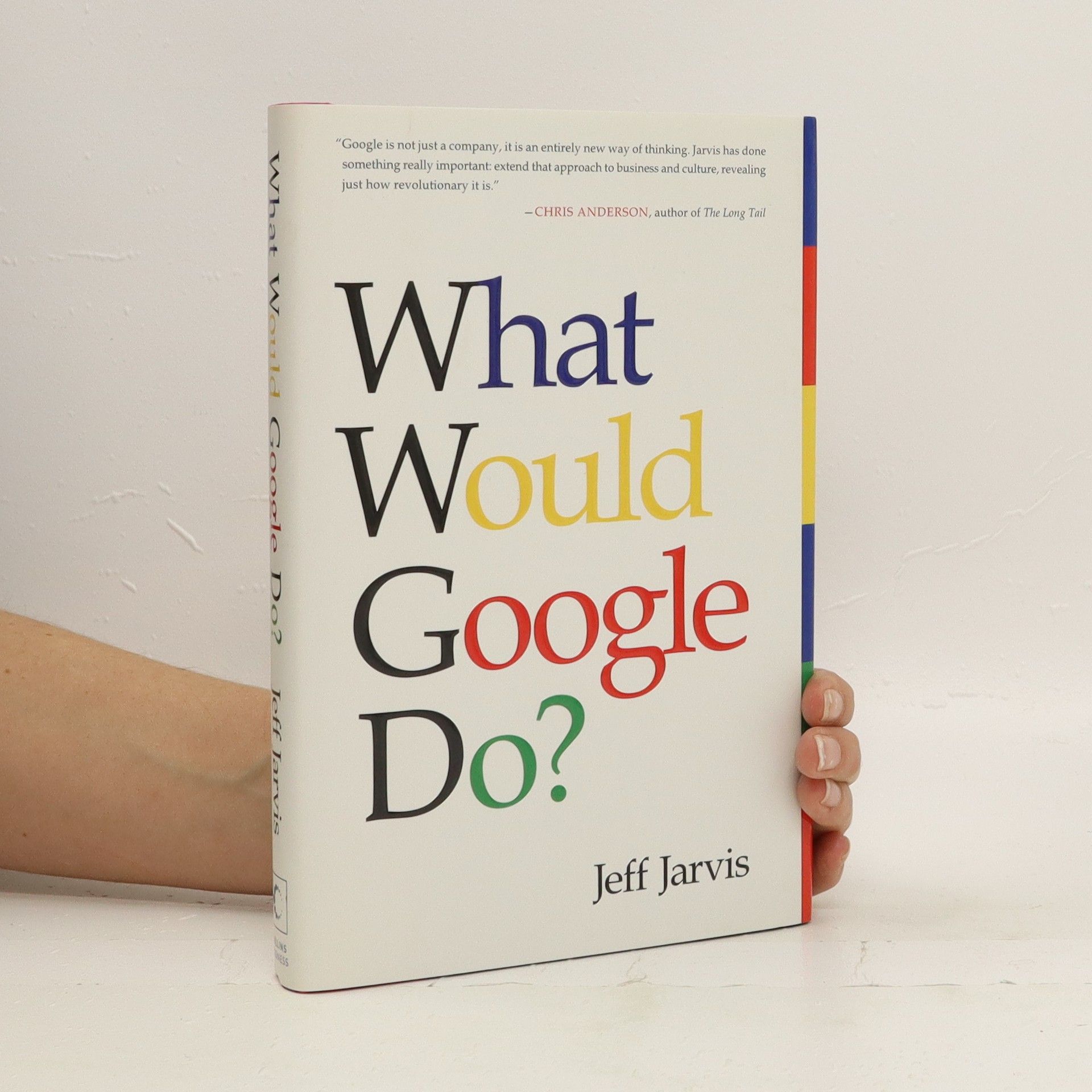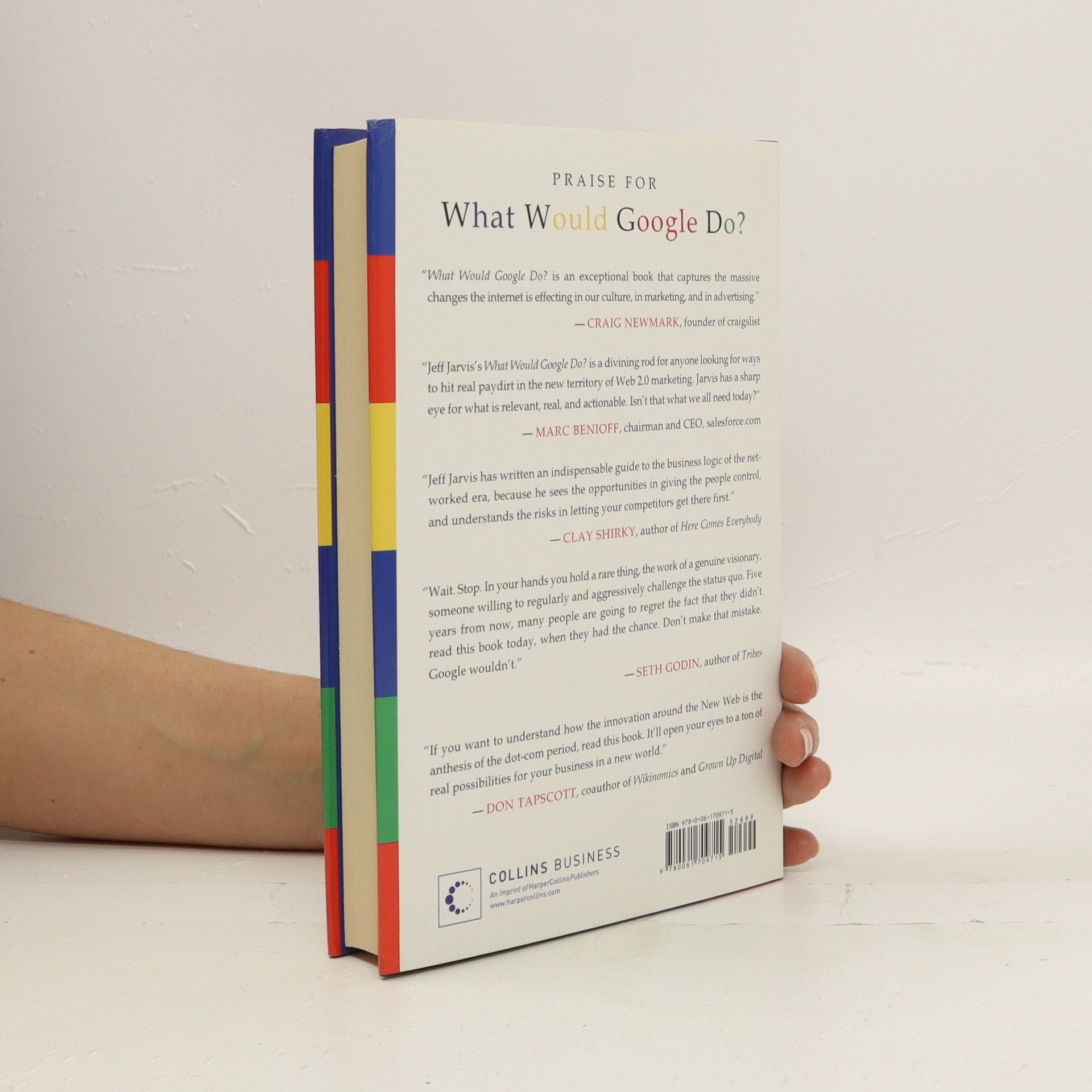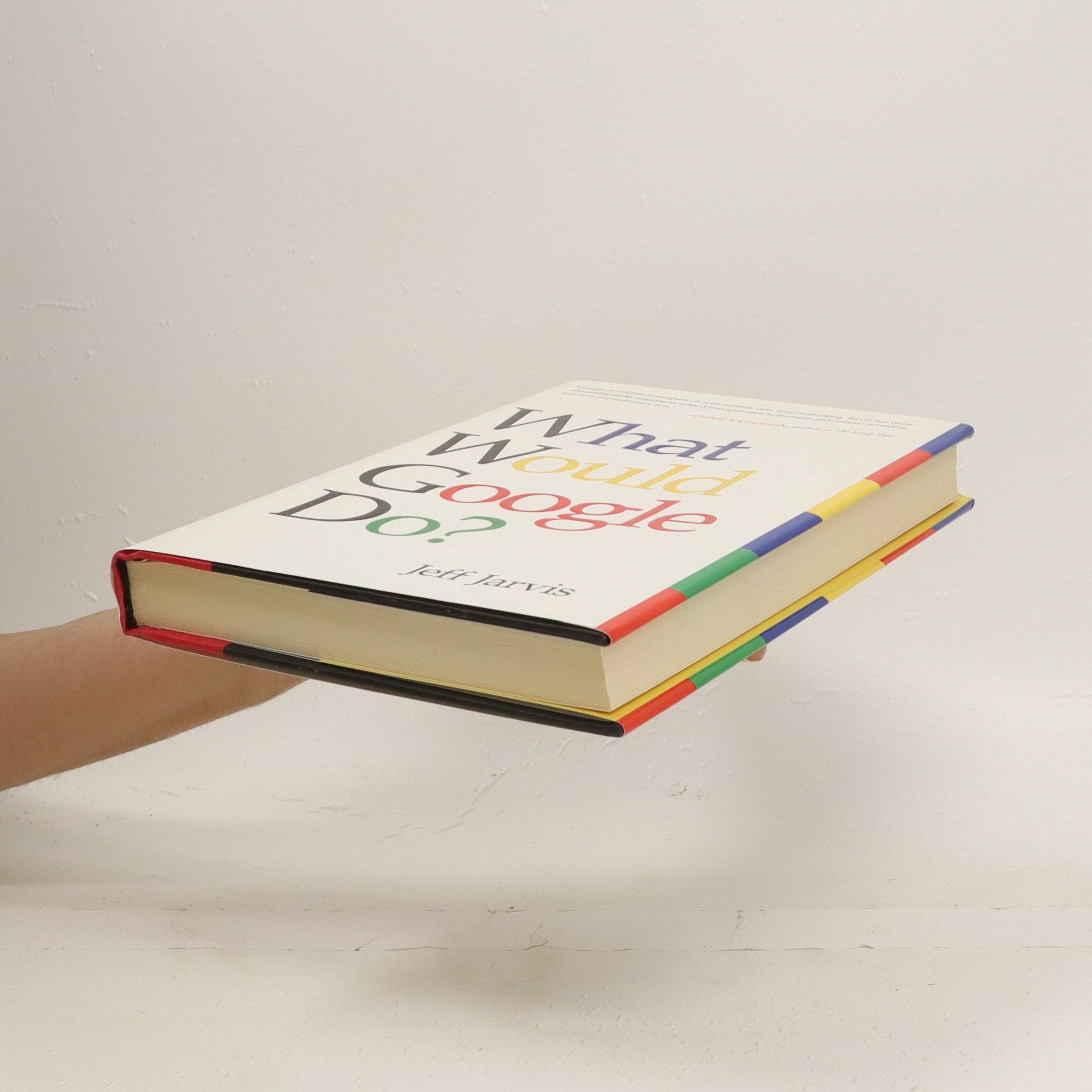Parameter
- 257 Seiten
- 9 Lesestunden
Mehr zum Buch
A bold and vital book that asks and answers the most urgent question of today: What Would Google Do? In a book that's one part prophecy, one part thought experiment, one part manifesto, and one part survival manual, internet impresario and blogging pioneer Jeff Jarvis reverse-engineers Google—the fastest-growing company in history—to discover forty clear and straightforward rules to manage and live by. At the same time, he illuminates the new worldview of the internet generation: how it challenges and destroys, but also opens up vast new opportunities. His findings are counterintuitive, imaginative, practical, and above all visionary, giving readers a glimpse of how everyone and everything—from corporations to governments, nations to individuals—must evolve in the Google era. Along the way, he looks under the hood of a car designed by its drivers, ponders a worldwide university where the students design their curriculum, envisions an airline fueled by a social network, imagines the open-source restaurant, and examines a series of industries and institutions that will soon benefit from this book's central question. The result is an astonishing, mind-opening book that, in the end, is not about Google. It's about you.
Buchkauf
What Would Google Do?, Jeff Jarvis
- Sprache
- Erscheinungsdatum
- 2009
Lieferung
- Gratis Versand in ganz Deutschland!
Zahlungsmethoden
Hier könnte deine Bewertung stehen.








